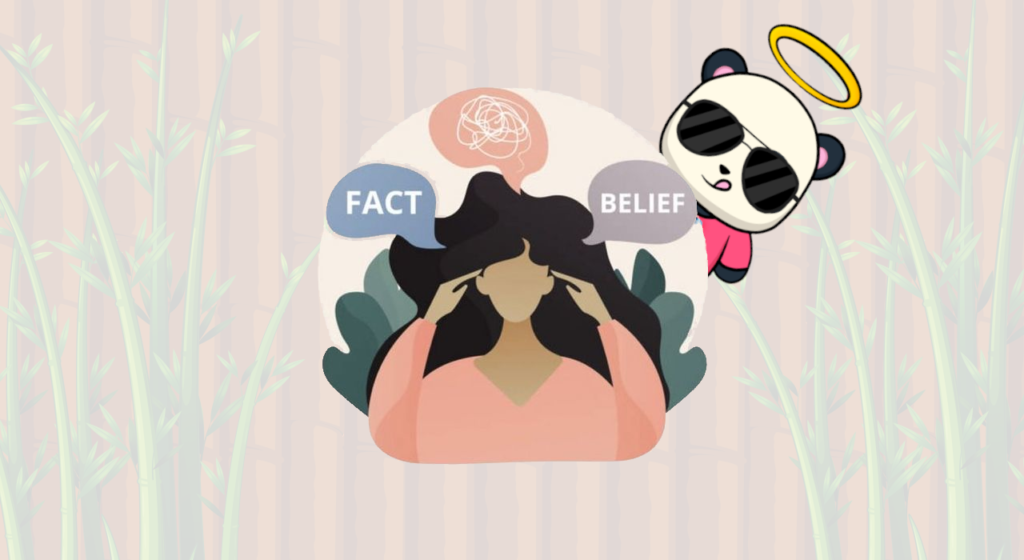Embracing Empathy.

Embracing Empathy and Understanding
Navigating Cognitive Dissonance in Relationships by Embracing Empathy
Hey there, compassionate souls! 🌈💖 Today, let’s delve into the intricate realm of cognitive dissonance and how it affects our relationships with friends and family. We all encounter moments when our loved ones hold beliefs or opinions that seem contradictory or even conflicting. How can we bridge the gap and foster compassionate connections amidst cognitive dissonance? Let’s explore together! 🤝🌟
1️⃣ Listen with an Open Heart:
When confronted with differing beliefs, resist the urge to immediately challenge or dismiss your loved ones. Instead, approach conversations with an open heart and a willingness to listen without judgment. 🗣️💓 Empathetic listening is the first step in understanding their perspective.
2️⃣ Respect Their Journey:
Recognize that each person’s journey is unique. 🚶♂️💭 People form beliefs based on their experiences, upbringing, and the information they encounter. Respect their autonomy to shape their thoughts, even if it diverges from your own.
3️⃣ Find Common Ground:
Seek areas of agreement and shared values. 🤝✨ Focusing on common ground allows you to build connections despite differing viewpoints. Emphasize the aspects that bring you together rather than pushing apart.
4️⃣ Encourage Reflective Thinking:
Gently encourage your loved ones to reflect on their beliefs. 🤔💬 Ask open-ended questions that prompt introspection. Avoid confrontations; instead, plant seeds of thought that may lead to self-discovery.
5️⃣ Lead by Example:
Embody empathy and open-mindedness in your interactions. 🌟💡 Be a role model for understanding and respectful dialogue. When others witness your compassionate approach, they may be more inclined to adopt it themselves.
6️⃣ Practice Patience:
Dealing with cognitive dissonance is not always a straightforward process. 🌊⏳ It may take time for beliefs to evolve or shift. Be patient and gentle as you support your loved ones through their journey.
7️⃣ Maintain Boundaries:
While understanding is vital, it’s okay to establish boundaries if discussions become too overwhelming or hostile. 🚧💆♂️ Protect your mental well-being, and know when it’s appropriate to step back and regroup.
Dear friends, navigating cognitive dissonance within our relationships requires a delicate balance of empathy, patience, and self-awareness. Let’s strive to create spaces where understanding thrives, and compassion bridges the gaps between differing beliefs. Remember, we can love our friends and family unconditionally while embracing their unique paths. 🌈💗 Together, we can foster compassionate connections that transcend cognitive dissonance and strengthen the bonds of love and understanding. 🤗🌟#CompassionInConnections#EmpathyMatters#BridgingBeliefs
